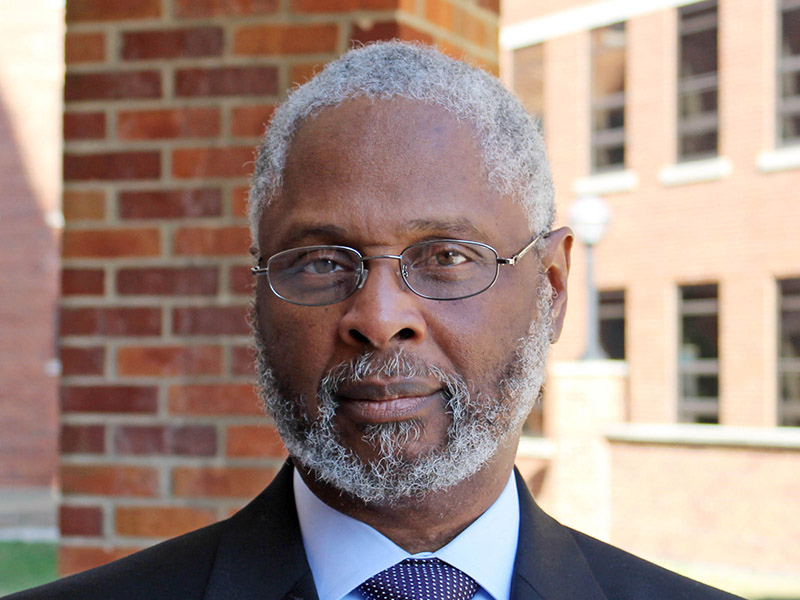Harold Neighbors to join Tulane Public Health as senior advisor for public health research and training

Dr. Thomas LaVeist, dean of the Tulane School of Public Health and Tropical Medicine, today announced that Dr. Harold “Woody” Neighbors will join the school as senior advisor for public health research and training, effective immediately. Neighbors will also become a research professor in the Department of Social, Behavioral, and Population Sciences. In his new role, Neighbors will work with the dean to enhance educational opportunities for the school’s students and junior faculty by seeking out and securing research training and development grants. Such awards will provide research, career, and leadership skills and training and will invest in the School of Public Health and Tropical Medicine community.
Neighbors is professor emeritus of health behavior and health education at the University Michigan School of Public Health and has most recently served as senior scientific advisor within the Division of Intramural Research at the National Institute on Minority Health and Health Disparities. He was also a C.S. Mott Endowed Professor at Michigan State University and was the director of the Program for Research on Black Americans and Center for Research on Ethnicity, Culture, and Health at the University Michigan.
“I’ve worked with Dr. Neighbors in multiple capacities around our shared interests in health equity and student development,” LaVeist said in his announcement, “and have seen the passion and commitment he holds for both education and research. He will serve as a great asset to our school, based on his three decades of experience spanning research and publication as well as mentoring doctoral, post-doctoral, and early career professionals.”
“I am very happy, and quite honored, to join the Tulane School of Public Health and Tropical Medicine,” said Neighbors. “I look forward to becoming a key player on Tulane’s nationally recognized public health leadership team. I am confident that together we can turn our shared vision of health equity into a visible reality. To do this, I am eager to get to know and work with my Tulane colleagues to create data-driven social change programs that improve population health. I am especially motivated to engage our most valuable resource – students. I am an educator who also does research. I want to do as much as I can to help Tulane educate and train future generations of public health scientists to more effectively reduce health disparities.”
Neighbors earned his undergraduate degree in psychology from Haverford College and his doctorate in social and community psychology from the University of Michigan. He has dedicated his career to investigating health behavior among African Americans with an emphasis on racial disparities in depression, diabetes, and oral health. His methodological procedures focus on the successful recruitment of difficult-to-reach populations, such as prison residents, psychiatric patients, low-income groups of color, and men.
